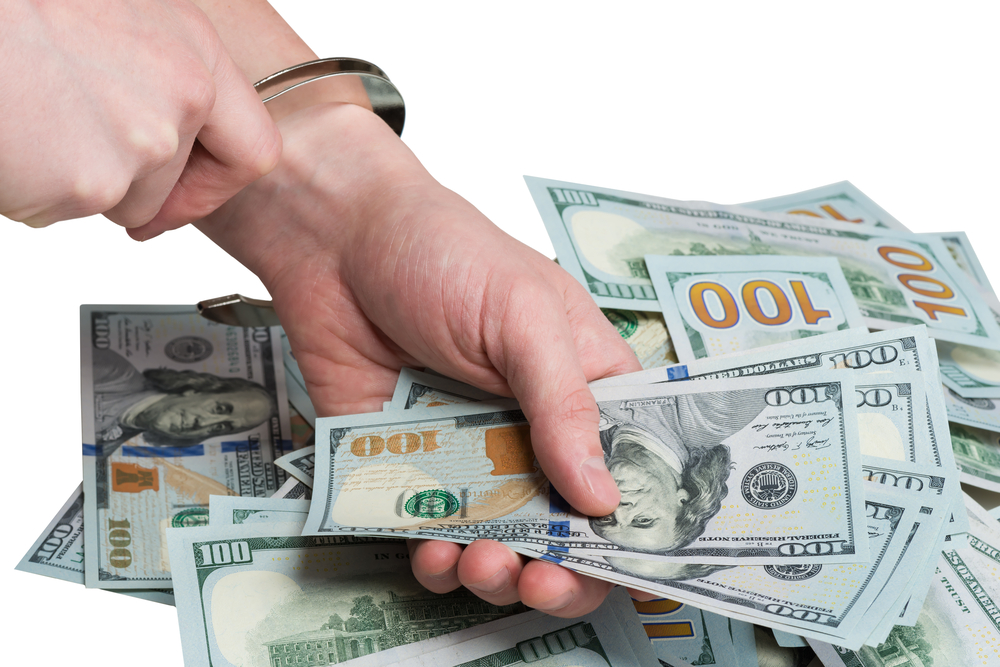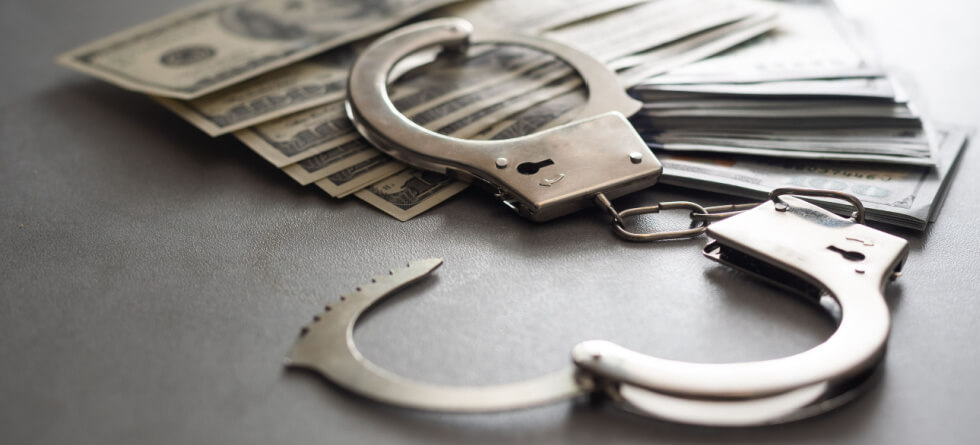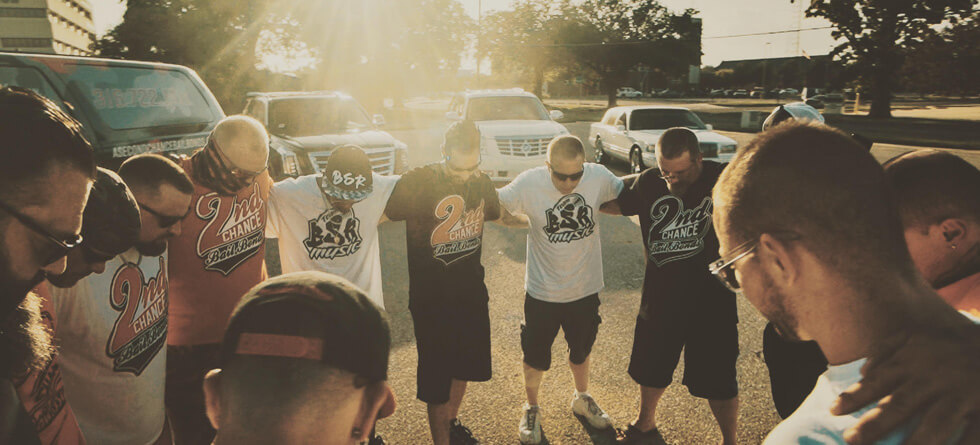When you don’t pay a bail bondsman, it can have various consequences, depending on the specific circumstances and agreements made between you and the bondsman.
Here are some potential outcomes…
- Legal Action – If you fail to pay the bail bondsman the agreed-upon fee or repay any debt owed to them, the bondsman may take legal action against you to recover the money owed. This could include filing a civil lawsuit against you to obtain a court judgment for the unpaid debt.
- Collection Efforts – The bail bondsman may engage in collection efforts to recover the debt owed to them. This could include contacting you directly, hiring a collections agency to pursue payment on their behalf, or taking other legal steps to enforce the debt.
- Loss of Collateral – If you provided collateral to secure the bail bond, such as property or assets, the bondsman may take steps to seize and sell the collateral to cover the unpaid debt. This could result in the loss of valuable assets if you fail to repay the bondsman.
- Legal Consequences – Failing to pay a bail bondsman as agreed could also have legal consequences, including potential criminal charges for failing to comply with the terms of the bail bond agreement or for contempt of court if the failure to pay results in the forfeiture of the bond.
Understand the terms and conditions of any agreement you enter into with a bail bondsman and fulfill your obligations promptly to avoid potential legal and financial consequences. If you are experiencing difficulty making payments, it’s advisable to communicate with the bail bondsman as soon as possible to discuss your situation and explore potential solutions.





